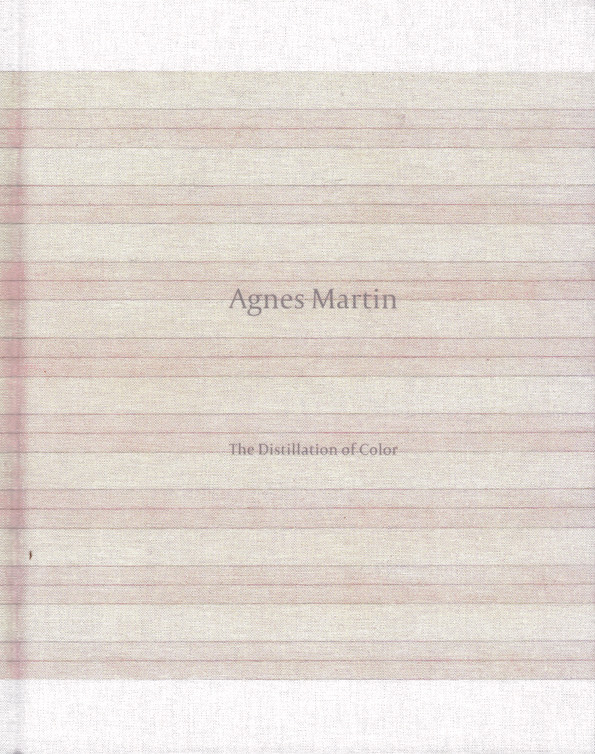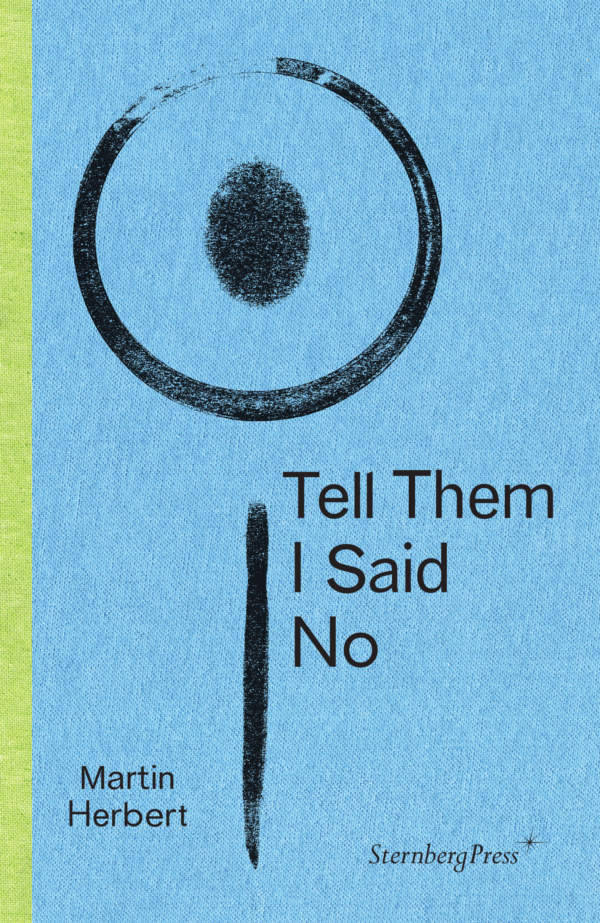
The Distillation of Color
This handsomely designed, concise volume celebrates Agnes Martin's pursuit of beauty, happiness and innocence in her nonobjective art created while living in the desert of New Mexico. From her multicolored striped works to compositions of color-washed bands defined by hand-drawn lines, to the deep gray Black Paintings that characterized her work in the late 1980s, Martin's treatment of color in each of these phases is examined.
A particular emphasis is placed on the latter half of her career and the broadening vision that developed during her years working in the desert, which crystalized her quest to deepen her understanding of the essence of painting, unattached to emotion or subject, yet radiant and meditative in its pure abstraction.
With editorial contributions by a selection of writers whose cross-genre works span art writing, essay and memoir, this book expands an approach to Martin's paintings beyond a purely art historical lens, bringing new voices into the conversations around her career, inviting a rediscovery of her enduring legacy. An essay by author Durga Chew-Bose provides a poetic exploration of color; the writer Olivia Laing (author of The Lonely City) discusses the nature of solitude in her text; and Bruce Hainley uses a 1974 essay by Jill Johnston as a jumping-off point to delve into Martin's life during her years in New Mexico.







